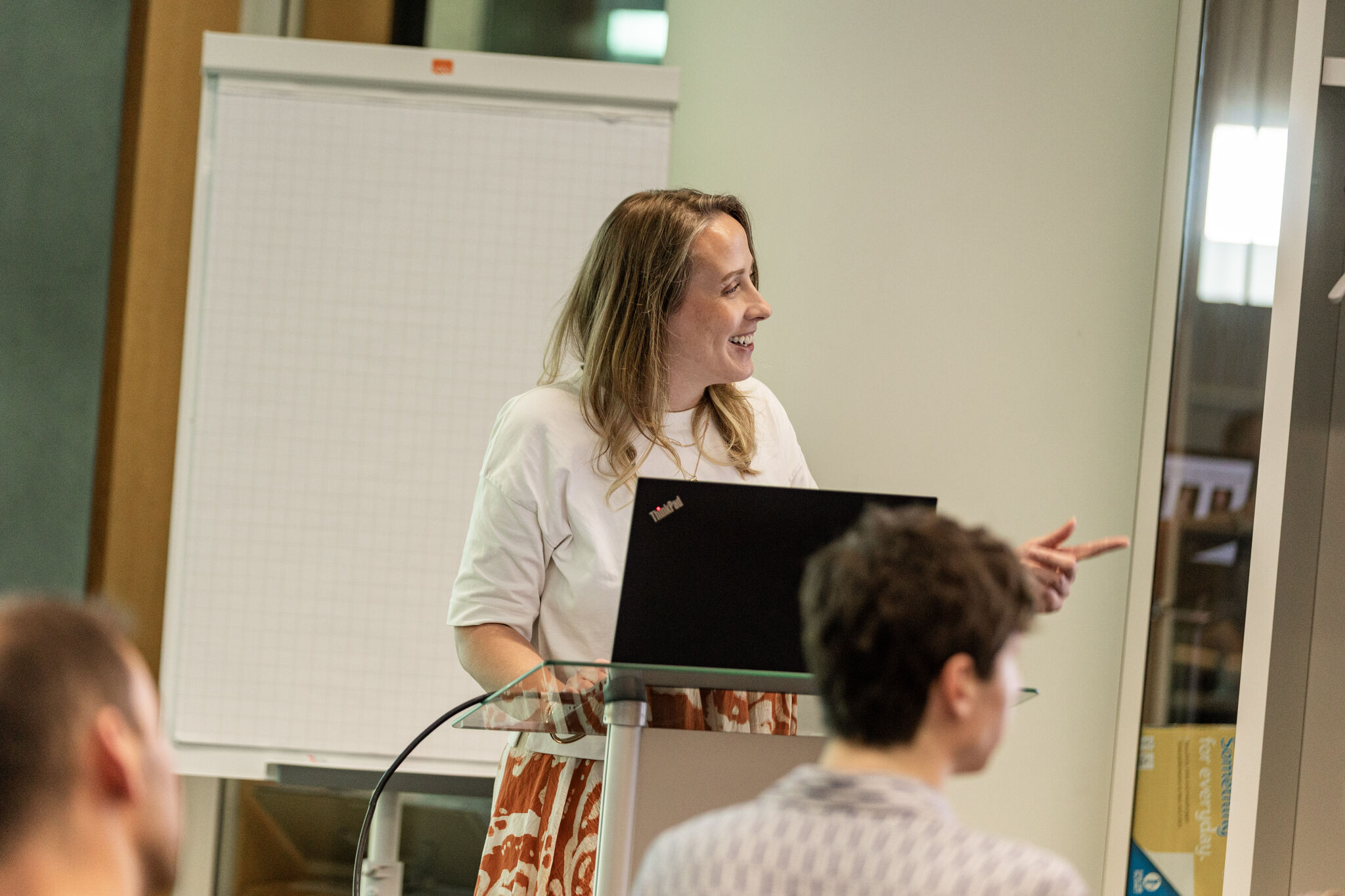The issue
Cities in the North Sea Region are heating up. Heatwaves are becoming longer, stronger, and more frequent. While many cities are already planting trees and installing green roofs, the question remains: Which neighbourhoods and groups are most at risk? And how can cities set the right priorities to protect them? Traditional tools, such as weather data, satellite imagery, and computer models, help identify hotspots, but they do not capture the full story. Social vulnerability, local behaviour, infrastructure and access to shade all influence which areas should be prioritised.
Why smart planning is needed
Smart planning helps bridge the gap between climate goals and day-to-day decisions. Developed by the Amsterdam University of Applied Sciences - as part of the Cool Cities project - this plan supports eight partner cities in shaping effective, fair, and future-proof heat adaptation strategies. Although many cities have access to valuable data on housing, health, and income, this information is rarely used systematically. Responsibilities are often fragmented, and coordination across departments is limited. This is exactly why the Plan of Approach was developed: to help cities connect data, people, and policy: so urban heat adaptation becomes more targeted, inclusive and effective.
Next steps
The tools and strategies developed by Amsterdam University of Applied Sciences are designed to be adaptable and scalable, supporting not only the eight partner cities but also other urban areas facing similar heat challenges. We will keep this page updated with news, tools, and stories from the cities as the project progresses.

Stephanie Erwin from the Amsterdam University of Applied Sciences shares her expertise on heat mapping.